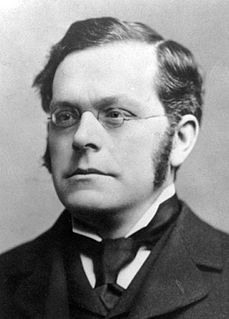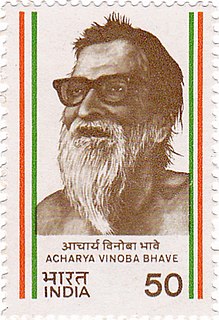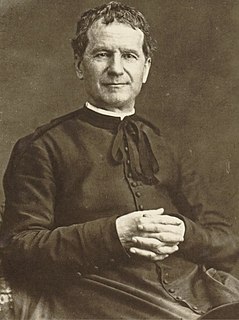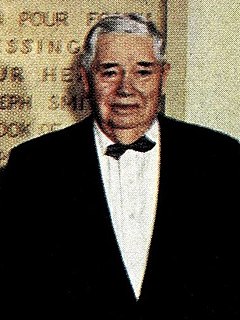A Quote by Socrates
'Wars, factions, and fighting,' said Socrates as he looked forward from his last hour, 'have no other origin than this same body and its lusts... We must set the soul free from it; we must behold things as they are. And having thus got rid of the foolishness of the body, we shall be pure and hold converse with the pure, and shall in our own selves have complete knowledge of the Incorruptible which is, I take it, no other than the very truth.
Related Quotes
We are in fact convinced that if we are ever to have pure knowledge of anything, we must get rid of the body and contemplate things by themselves with the soul by itself. It seems, to judge from the argument, that the wisdom which we desire and upon which we profess to have set our hearts will be attainable only when we are dead and not in our lifetime.
The deeds of love are less questionable than any action of an individual can be, for, it being founded on the rarest mutual respect, the parties incessantly stimulate each other to a loftier and purer life, and the act in which they are associated must be pure and noble indeed, for innocence and purity can have no equal. In this relation we deal with one whom we respect more religiously even than we respect our better selves, and we shall necessarily conduct as in the presence of God. What presence can be more awful to the lover than the presence of his beloved?
On the one hand, man is a body, in the same way that this may be said of every other animal organism. On the other hand, man has a body. That is, man experiences himself as an entity that is not identical with his body, but that, on the contrary, has that body at its disposal. In other words, man's experience of himself always hovers in a balance between being and having a body, a balance that must be redressed again and again.
Truth indeed is sacred; but, as Pilate said, "What is truth?" Show us the undoubted infallible criterion of absolute truth, and we will hold it as a sacred inviolable thing. But in the absence of that infallible criterion, we have all an equal right to grope about in our search of it, and no body and no school nor clique must be allowed to set up a standard of orthodoxy which shall bar the freedom of scientific inquiry.
For history, I say again, has this and this only for its own: if a man will start upon it, he must sacrifice to no God but Truth; he must neglect all else; his sole rule and unerring guide is this - to think not of those who are listening to him now, but of the yet unborn who shall seek his converse.
It would have been better to come back at the same hour,” said the fox. “If, for example, you came at four o’clock in the afternoon, then at three o’clock I shall begin to be happy. I shall feel happier and happier as the hour advances. At four o’clock, I shall already be worrying and jumping about. I shall show you how happy I am! But if you come at just any time, I shall never know at what hour my heart is to be ready to greet you . . . One must observe the proper rites . . .
Health is God's great gift, and we must spend it entirely for Him. Our eyes should see only for God, our feet walk only for Him, our hands labor for Him alone; in short, our entire body should serve God while we still have the time. Then, when He shall take our health and we shall near our last day, our conscience will not reproach us for having misused it.
There is provided an escape from the narrowness and poverty of the individual life, and the possibility of a life which is other and larger than our own, yet which is most truly our own. For, to be ourselves, we must be more than ourselves. What we call love is, in truth . . . the losing of our individual selves to gain a larger self.
Not only does the Charter Organization not prevent future wars, but it makes it practically certain that we shall have future wars, and as to such wars it takes from us the power to declare them, to choose the side on which we shall fight, to determine what forces and military equipment we shall use in the war, and to control and command our sons who do the fighting.






































